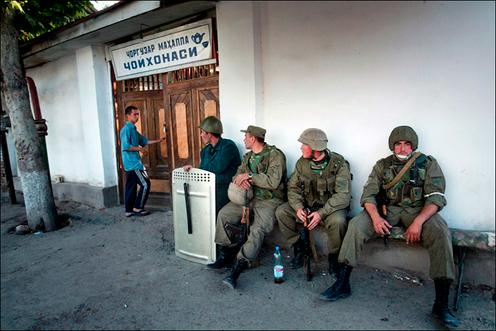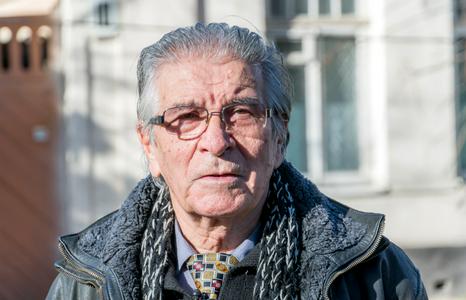May 13 marked the 20th anniversary of the tragic events in the Uzbek city of Andijan under the country’s first president, Islam Karimov.
According to the official version of events, on the night of May 13, 2005, and throughout the following day, an armed group attacked a prison and several government buildings in Andijan, killing 12 law enforcement officers and seizing 334 weapons. Authorities reported that the assailants took a total of 70 people hostage, 15 of whom were later killed. The military was deployed to the city, and the government reported that 187 people died in the course of the violence.
However, human rights groups estimate the death toll to be much higher—between 500 and 1,500. According to their accounts, tens of thousands of people gathered that Friday in Babur Square to protest government policies and worsening economic conditions. Security forces reportedly opened fire to disperse the crowd. Many women, children, and elderly people were among those killed.
In the aftermath, numerous protest participants were accused of violent offenses, and trials were held behind closed doors. Many people were forced to flee the country.
The international community, including Western nations, called for an independent investigation. Uzbekistan rejected the demand, citing noninterference in its internal affairs. In response, the European Union imposed sanctions, including an arms embargo and travel bans on 12 senior officials. These sanctions were lifted in 2009, and efforts by the United States to push for an inquiry led to strained relations with Tashkent.
In 2013, during a UN review of Uzbekistan’s human rights record, members of the government delegation declared that “Andijan is a closed issue.” While rights advocates have continued to call for an international investigation and for those responsible to be held accountable, official pressure on Uzbekistan has since waned. The sanctions imposed after 2005 were gradually lifted, and diplomatic ties with Western countries have been normalized.
👉 As of this report, no major Uzbek media outlets or popular bloggers had publicly acknowledged the 20th anniversary of the Andijan events.
Following the election of Shavkat Mirziyoyev as president in December 2016, the country entered a period of relative “thaw.” The media slowly began to voice criticism of certain government actions, and some dared to mention Andijan. In 2019, for instance, the website Qalampir.uz published an interview with former Interior Minister Zokir Almatov, who had been directly involved in the events. Almatov called the “Andijan incident” a deeply painful subject and claimed that the violence was a response to a carefully orchestrated attempt to seize power—a coup attempt. “Sorry, but we did everything we could at the time,” he said. That webpage now returns a 404 error.
In February 2020, Deputy Prosecutor General Svetlana Artykova told Qalampir.uz that civilians were indeed among the victims. She attributed their deaths to a lack of coordination between troops and their commanders, citing poor communication, misunderstood orders, and inadequate preparation. Artykova added that those responsible for the shooting of civilians were prosecuted, and some had already served their prison terms and been released.










